Within the framework of the 9th Session of the 15th National Assembly, on the afternoon of June 16, the National Assembly discussed in groups the draft Law on Railways (amended) and the investment policy for the construction of Ho Chi Minh City Ring Road 4. National Assembly deputies from Hue City participated in the discussion in group 7 with delegations from Lang Son, Thai Nguyen, and Kien Giang .
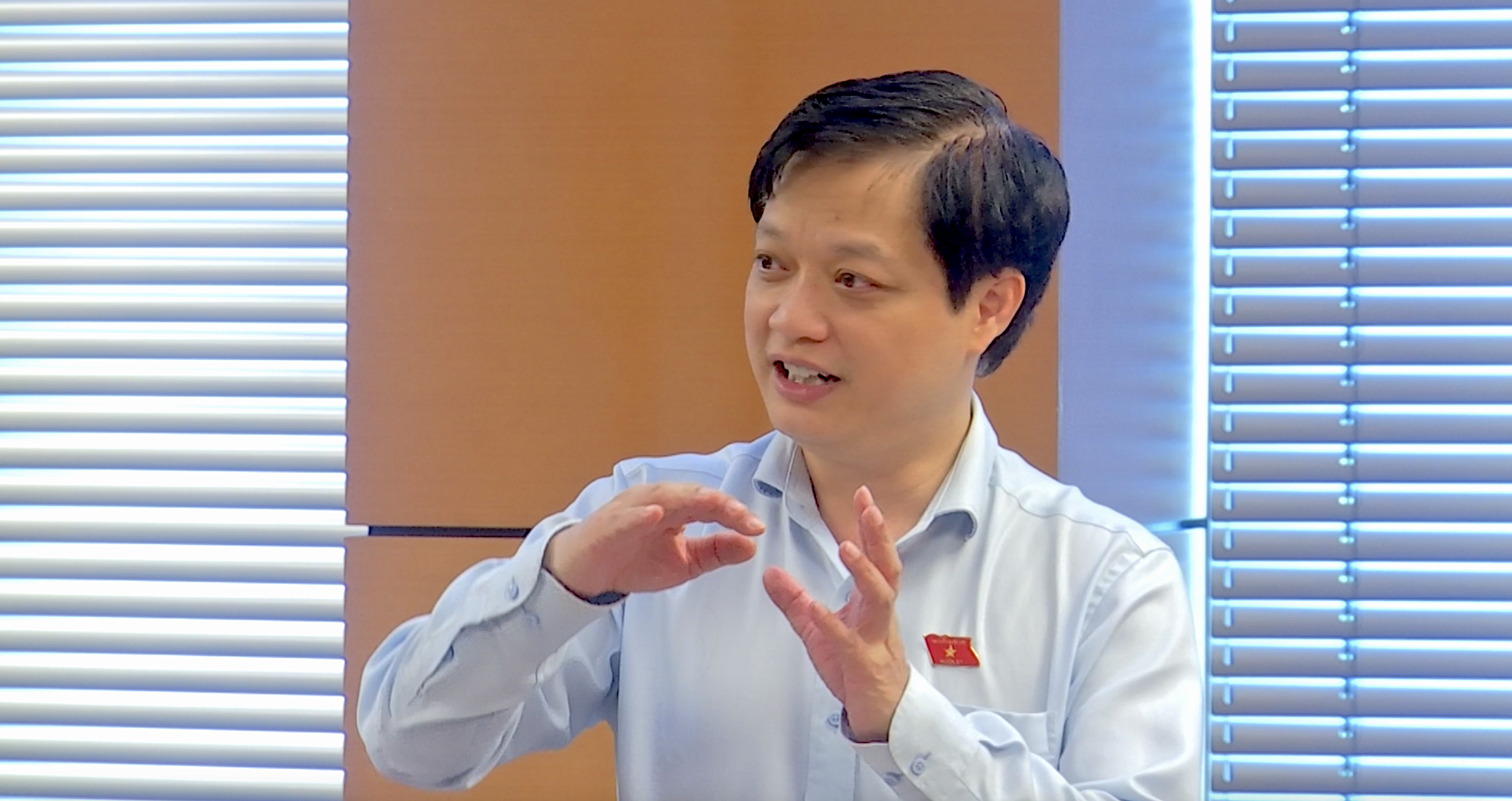 |
| Delegate Nguyen Hai Nam said that Ring Road 4 plays a key role because it connects Ho Chi Minh City, Binh Duong , and Ba Ria - Vung Tau. |
"Cannot let capital increase and slow progress repeat"
Speaking at the group, delegate Nguyen Hai Nam (National Assembly Delegation of Hue City) expressed his agreement with the investment policy of Ho Chi Minh City Ring Road 4, in the context of the urgent need to connect the key economic region of the South. However, he emphasized: “We have witnessed too many large infrastructure projects with over budget and slow progress, typically the expressway or railway projects connecting Hanoi. We cannot let this lesson repeat itself.”
Therefore, Mr. Nam suggested that the implementation process should go hand in hand with capital control mechanisms, progress monitoring and waste and negativity prevention, in line with the spirit of the Party and State resolutions.
According to Mr. Nam, Ring Road 4 plays a key role because it connects Ho Chi Minh City, Binh Duong, Ba Ria – Vung Tau, economic centers, seaports, and major airports. Early investment will help reduce congestion, increase transport capacity, and promote regional development.
He agreed with the proposal to increase the route length by 8.26km in the project, but emphasized the need for careful review to avoid unreasonable adjustments during implementation.
A notable recommendation is the need to study the need to close the route from a C-shape to a continuous circle (O-shape) like the beltway models in Moscow or Beijing, to optimize exploitation efficiency and economic connectivity.
Technically, delegate Nguyen Hai Nam supports the design of a speed of 100km/h and a cross-section of 25m, but believes that it is necessary to consider the overpass option at some sections with high land clearance costs, in order to save costs and shorten progress.
“Ring Road 4 is not just a route – it is a push to create a spillover effect for economic development. Intersections can form satellite urban areas, logistics and industrial zones, etc. to help disperse the population, reduce pressure on the inner city of Ho Chi Minh City and increase revenue for the region,” Mr. Nam emphasized.
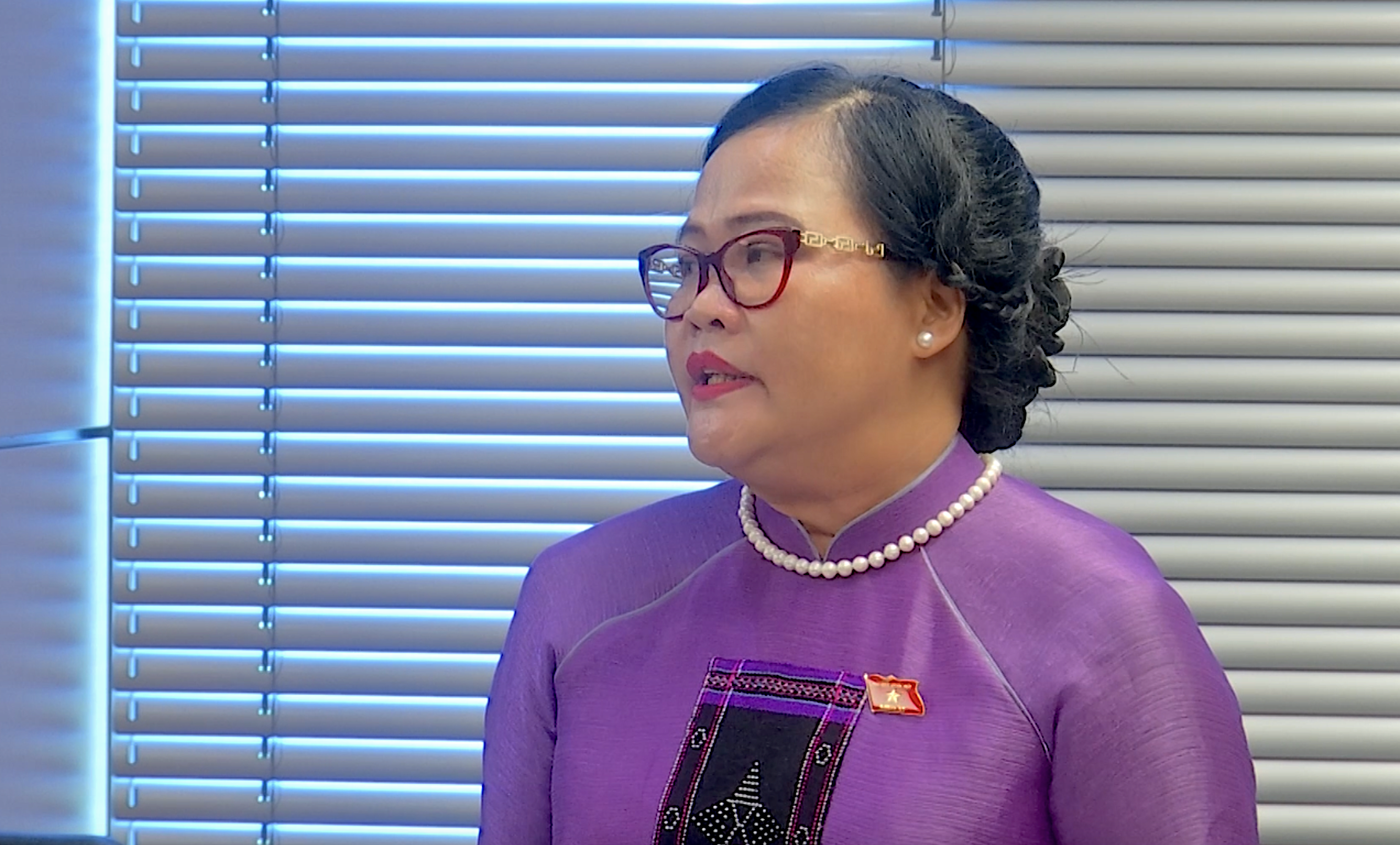 |
| Delegate Nguyen Thi Suu is concerned about site clearance work. |
One time land clearance - many projects benefit together
Also at the discussion group, delegate Nguyen Thi Suu (Deputy Head of the National Assembly Delegation of Hue City) expressed concern about the prolonged problems in site clearance and resettlement in many infrastructure projects.
“In many localities, including Hue, projects are delayed not because of lack of capital but because of lack of clean land, slow resettlement, and complicated site clearance. The same locality can have high-speed railways, expressways, beltways, etc. at the same time, but the site clearance is carried out separately according to each law, causing waste of resources and frustration among the people,” said Ms. Suu.
From that reality, Ms. Suu proposed a mechanism to combine and integrate land clearance, so that one implementation can serve many projects. At the same time, the calculation of compensation and resettlement costs needs to be one step ahead to create conditions for quick and synchronous implementation.
Delegate Nguyen Thi Suu also appreciated the Government's proposal to amend the Construction Law, exempting construction permits and raising construction organization capacity standards, but emphasized that: "These amendments must be compatible with the Planning Law, Land Law and Mineral Law because even a small problem in planning, land conversion or material exploitation can slow down the entire project."
Regarding some important issues in the legislative program, delegate Nguyen Thi Suu said that recently, the Government has made great efforts to "run and queue at the same time" in quickly institutionalizing the Party's resolutions and policies, but warned: "Speed cannot be the only goal, because if we speed up without assessing the impact, it is easy to create legal loopholes when applied in practice."
Regarding the proposal to adjust the law and ordinance building program in 2025, she recommended that the program should be finalized soon to avoid reducing the prestige of the National Assembly in the legislative process.
 |
| Delegate Trieu Quang Huy expressed the view that it is necessary to clearly define the mechanism for converting investment, resources and responsibilities. |
Be careful with special mechanisms and risks of converting public investment
Regarding the financial mechanism for the Ring Road 4 project, delegate Trieu Quang Huy (Lang Son Province National Assembly Delegation) raised the issue: “The total investment capital is more than 120,000 billion VND, of which more than 69,000 billion is from the budget - including 29,000 billion from the central budget and 40,000 billion from the locality. With such a scale, if we ignore the appraisal of capital sources and the ability to balance capital as stated in the draft at Point G, Clause 1, Article 3, it is very risky.”
He said that according to the current Law on Public Investment and the Law on PPP, these are mandatory conditions to ensure financial feasibility, so it is recommended that there should be no exemptions, even under special mechanisms.
In addition, the regulation allowing localities to “convert from PPP to public investment if they cannot select an investor” (point E of the draft) also worries Mr. Huy. This will greatly affect the medium-term public investment plans of many localities, which are currently very limited and must be allocated reasonably by sector and region.
“If we have to invest more capital in this project, it could affect other education, health, and social security projects. We cannot disrupt the entire public investment plan of the province just because of one road,” Mr. Huy emphasized.
He also agreed with the views of other delegates on the need to clearly define the investment conversion mechanism, resources and responsibilities to avoid legal and financial consequences during implementation.
Source: https://huengaynay.vn/chinh-tri-xa-hoi/theo-dong-thoi-su/kien-nghi-kiem-soat-chat-dau-tu-cong-thuc-day-vanh-dai-4-tp-ho-chi-minh-thanh-dong-luc-lan-toa-154777.html


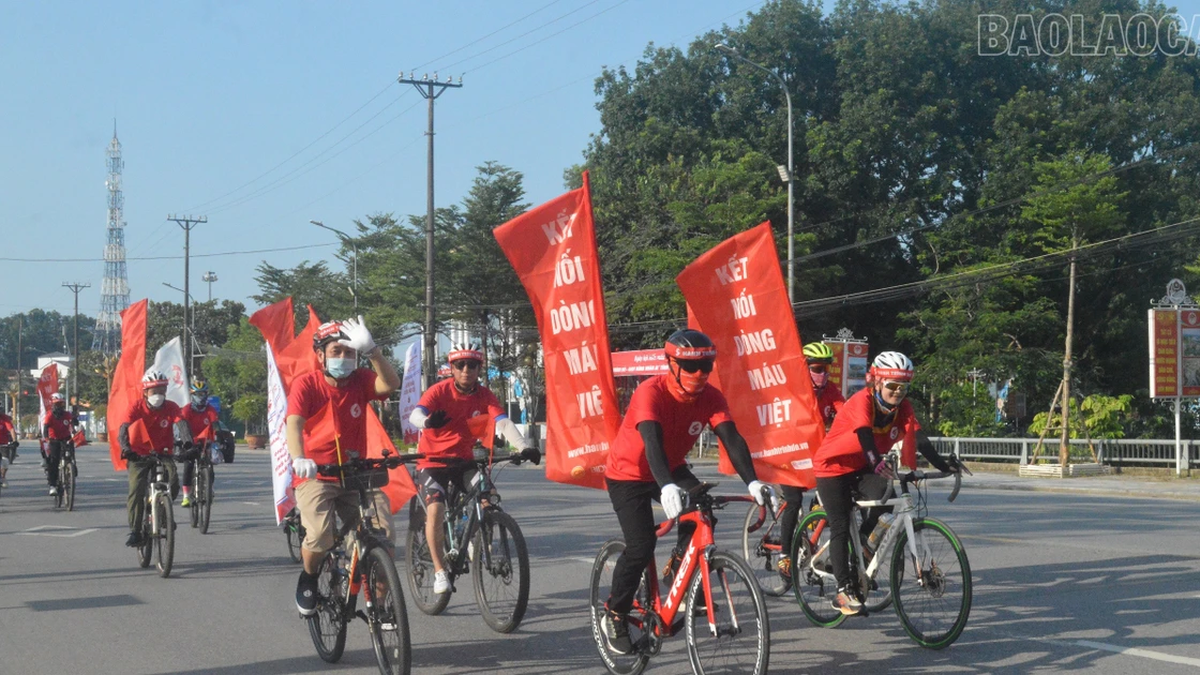

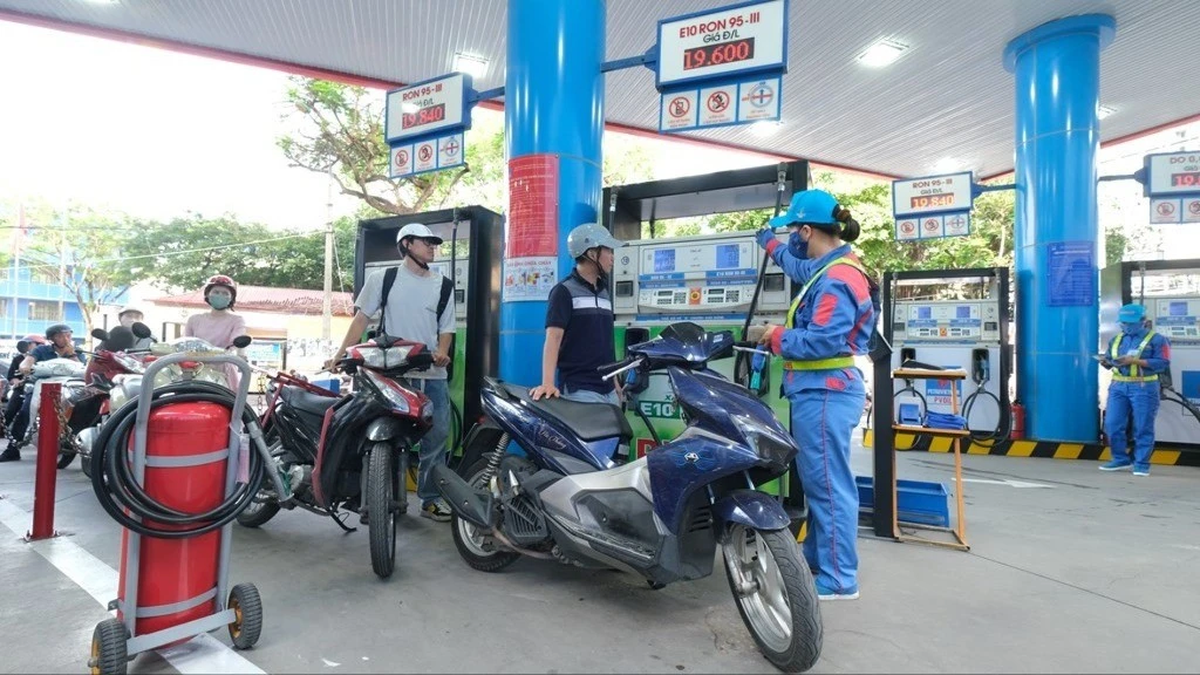
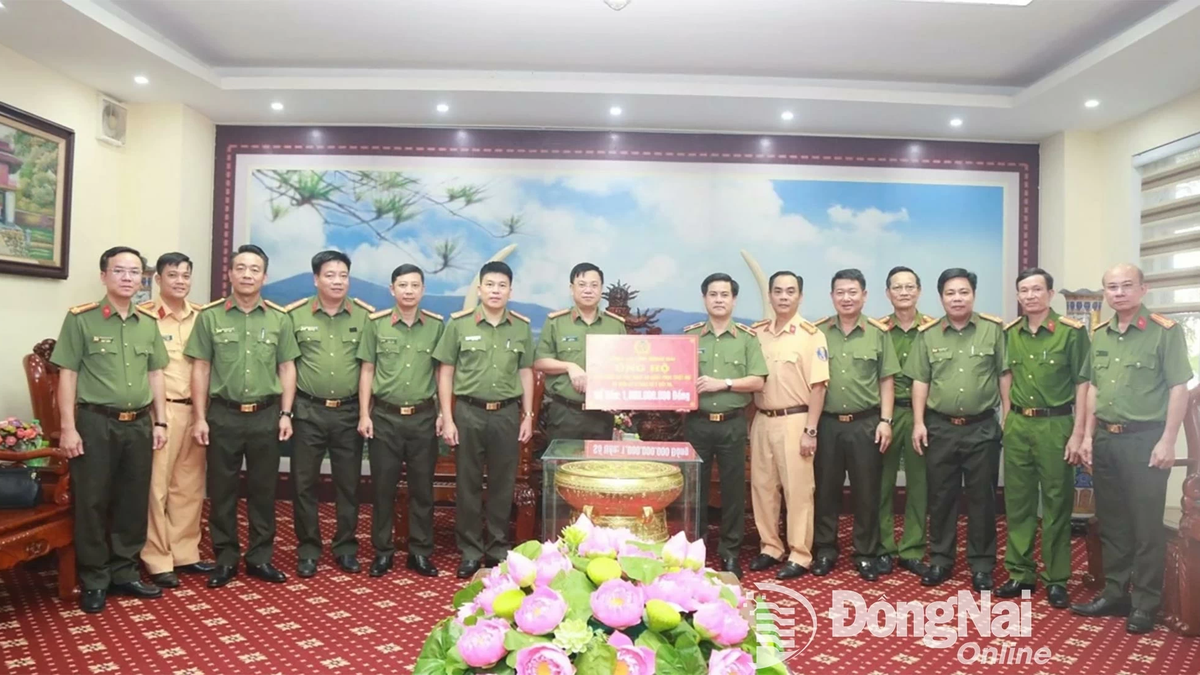
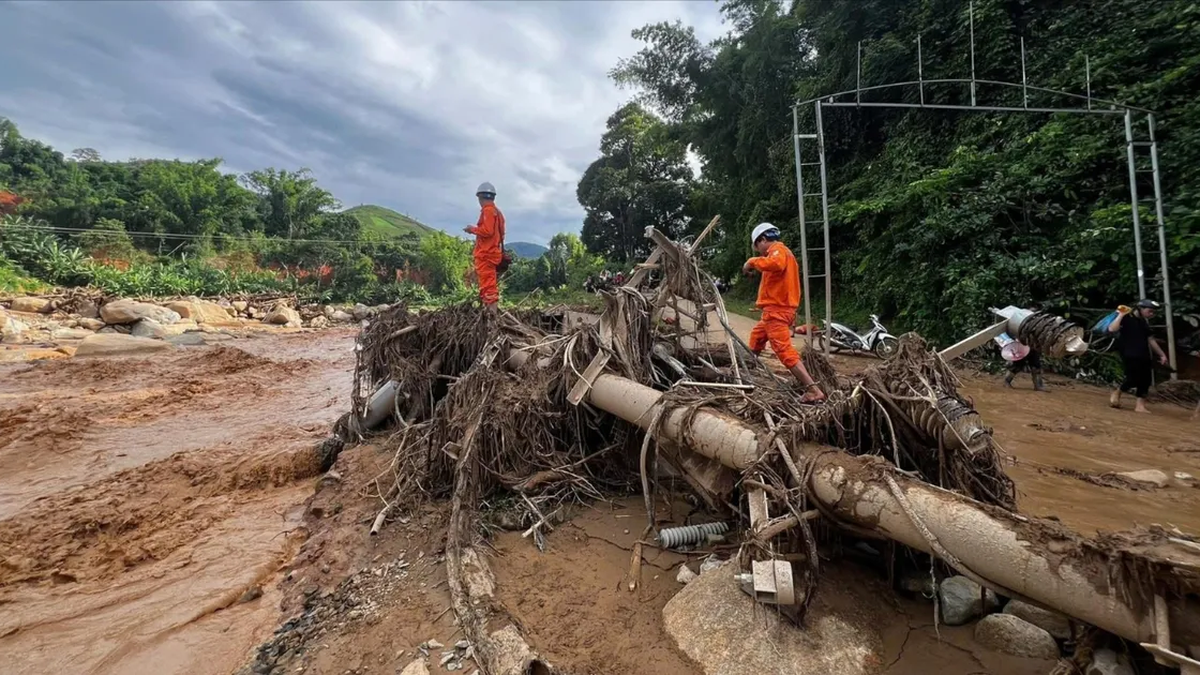



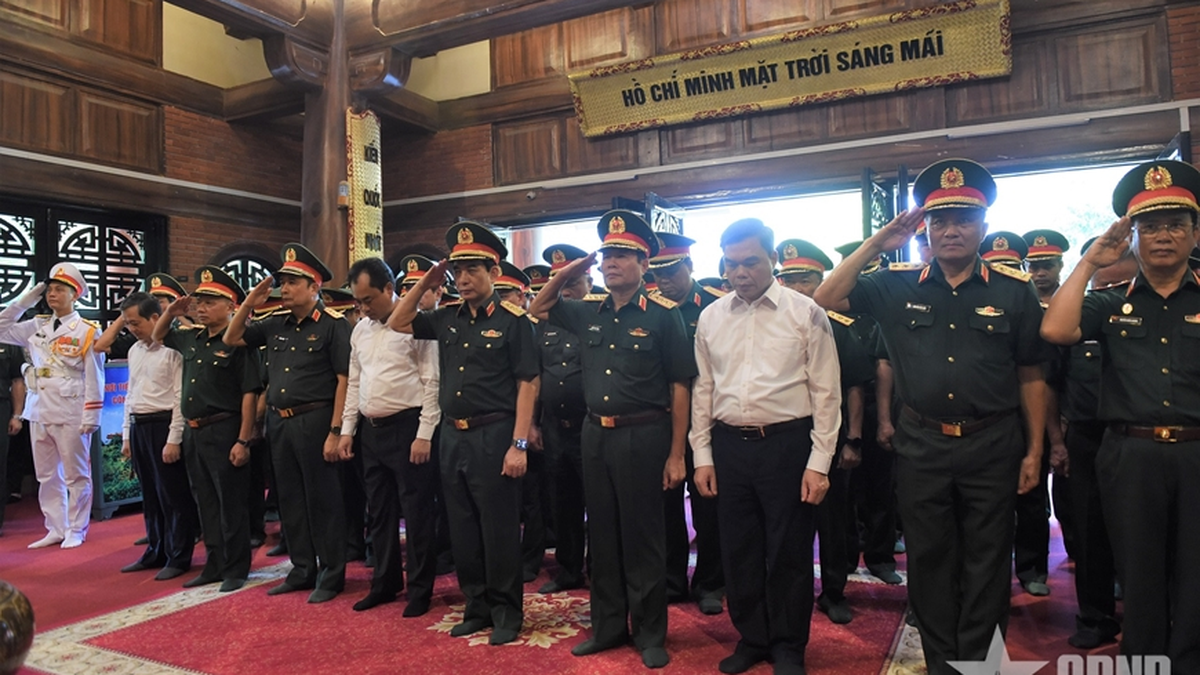























































































Comment (0)